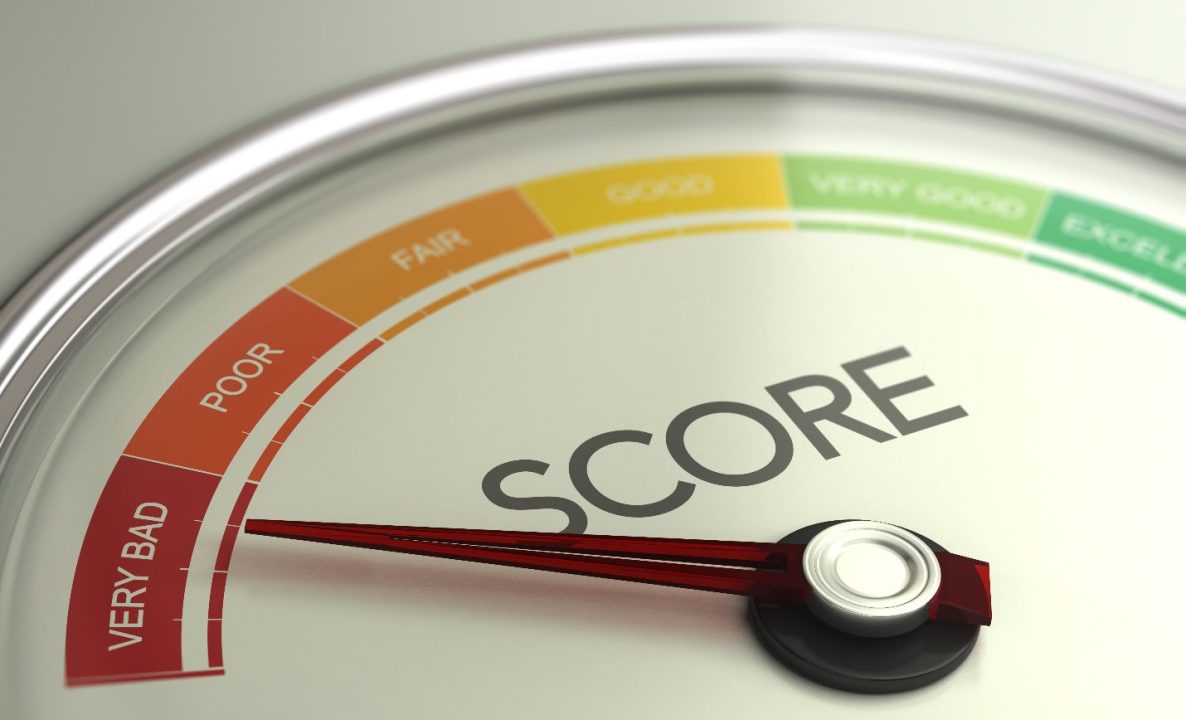Your credit score is like a financial report card, and it plays a pivotal role in your ability to secure loans and credit. In India, one of the most commonly used credit scores is the CIBIL score. In this article, we will unravel the mysteries surrounding the CIBIL score range, decipher what your number means, and discuss how it influences your eligibility for a home loan.
Demystifying the CIBIL Score Range
The CIBIL score, devised by the Credit Information Bureau (India) Limited, is a numeric representation spanning from 300 to 900. It serves as a pivotal gauge of your creditworthiness, holding significant sway with lenders during loan and credit card applications. This three-digit score condenses your credit history and financial behavior, aiding lenders in evaluating the risk associated with extending credit to you.
300 to 549: Should your CIBIL score reside within this spectrum, it signifies a less favorable credit history. Lenders might approach your credit applications cautiously. Prioritizing credit profile enhancement becomes imperative in this scenario.
550 to 649: While falling within this range isn’t ideal, it poses challenges in securing loans or credit cards with favorable terms. Prioritizing credit repair efforts is crucial to enhance your financial prospects.
650 to 749: Residing within this bracket is typically regarded as decent, but it may not grant you access to the most attractive interest rates and terms. Continuously striving to elevate your score opens the door to enhanced financial opportunities.
750 to 900: A CIBIL score within this bracket is outstanding, reflecting a robust credit history. With such a score, lenders are inclined to provide loans and credit cards featuring the most favorable terms and conditions.
Ideal CIBIL Score for a Home Loan
In the context of home loans, maintaining an ideal CIBIL score is paramount for a seamless and cost-effective borrowing journey. Lenders usually favor applicants boasting a CIBIL score of 750 or more. Such a robust score not only bolsters your prospects of loan approval but also opens doors to securing home loans at the most favorable interest rates and terms.
A high CIBIL score signals to lenders that you are a responsible and reliable borrower, thereby reducing their perceived risk, and as a result, they are more inclined to offer you the benefits of lower interest rates and better terms on your home loan. So, nurturing a strong credit history pays significant dividends when it’s time to finance your dream home.
Having grasped the importance of your CIBIL score in the home loan application procedure, let’s delve into strategies for optimizing your creditworthiness:
Proactive Preparation:
Prior to Seeking a Home Loan, Obtain Your CIBIL Score. Easily request your credit report online from CIBIL, Equifax, or Experian. Scrutinize your credit report for inaccuracies, and if necessary, challenge any identified errors.
Enhance Your Creditworthiness:
If your CIBIL score falls below par, focus on elevating it. Timely bill payments, reducing credit card balances, and refraining from opening new credit accounts are steps that will gradually boost your credit score.
Smart Loan Hunting:
Avoid hastily accepting the initial home loan offer you encounter. Instead, embark on a quest to compare loan terms offered by different lenders. Lenders often have varying criteria and interest rates, making this comparison valuable.
Negotiate Interest Rates:
A high CIBIL score provides you with leverage when negotiating interest rates for your home loan. Lender’s view borrowers with excellent credit scores as low-risk, making them more willing to offer favorable terms, such as lower interest rates. Leveraging your strong credit history can lead to significant savings over the life of your loan.
Sustaining Financial Wellness:
After securing a home loan, the importance of sustaining sound financial habits remains. Consistently paying your bills punctually and preventing excessive debt accumulation are vital practices for long-term financial well-being.
Steps to Check Your CIBIL Score
Your CIBIL score is the compass guiding your financial journey, and being able to check it is a fundamental skill for anyone navigating the world of credit and loans. We will walk you through the process of obtaining your CIBIL score and understanding what it means for your financial future.
Step 1: Visit the official CIBIL website.
Step 2: While navigating the website, locate the section labeled ‘Get Your CIBIL Score’. It may necessitate registration or login with your personal details.
Step 3: Furnish the necessary details, including your name, date of birth, PAN card number, email address, and contact information.
Step 4: CIBIL will pose a series of identity verification questions. It’s crucial to respond to these queries with precision to confirm your identity accurately.
Step 5: CIBIL provides a range of subscription plans to access your credit score. You can select the plan that aligns with your requirements. Additionally, there’s a free option for checking your CIBIL score, but it doesn’t include comprehensive reports. To access detailed reports, a subscription fee is required.
Step 6: Upon successful payment, you will be granted access to your CIBIL score, as well as your comprehensive credit report.
Step 7: Carefully examine your credit report for precision, meticulously checking for discrepancies, errors, or inconsistencies. In case you discover any inaccuracies, rest assured that you have the right to dispute them with CIBIL. Simply follow their designated procedure to rectify any identified errors.
Step 8: Regularly keep an eye on your CIBIL score and improve cibil socre is a wise practice to remain informed about your financial well-being and to promptly address any alterations or inconsistencies that may arise.
Conclusion
Understanding your CIBIL score’s ideal range, often 750 or higher, is crucial for favorable home loan terms. To check it, visit the official website, provide personal details, and verify your identity. Regular monitoring and correcting inaccuracies are vital. Your CIBIL score reflects your financial responsibility and significantly impacts your financial goals, such as homeownership.





